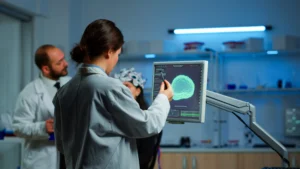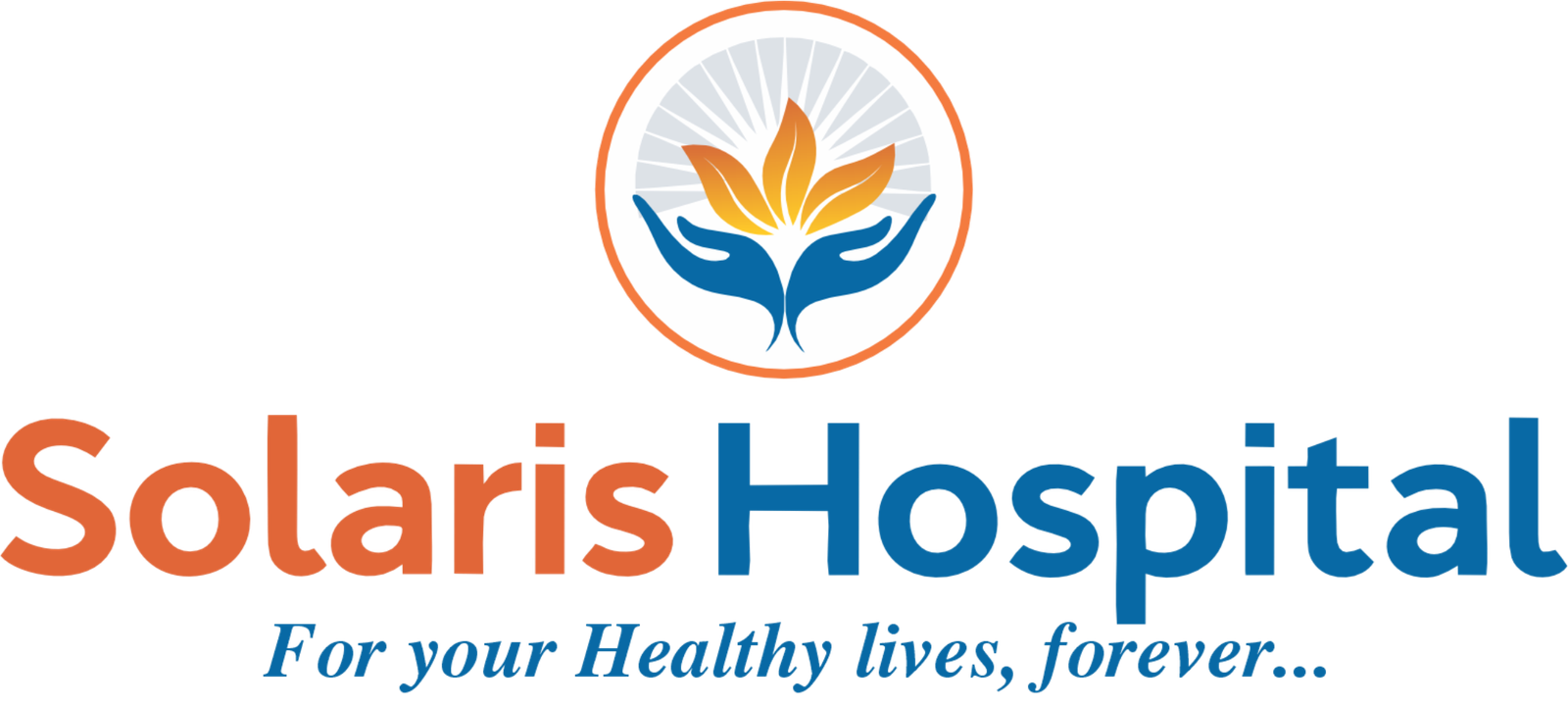Undergoing brain surgery is a life-changing experience. Whether you’re the patient or a caregiver, knowing what to expect during the brain surgery recovery process can reduce fear, improve preparation, and help you navigate each stage of healing. From physical fatigue to cognitive shifts, here are 20 important things you should expect after brain surgery, supported by medical insight and real patient experiences.

1. Expect Close Monitoring in the ICU:
Right after surgery, most patients spend 24–72 hours in the Intensive Care Unit (ICU) to monitor brain swelling, blood pressure, oxygen levels, and vital neurological signs.
2. Headaches and Scalp Pain Are Normal
You will likely experience headaches, scalp tightness, or a sore neck due to the incision and brain tissue manipulation. These symptoms typically improve within days but may persist for weeks.
3. Swelling and Bruising Around the Face
Facial swelling, especially around the eyes, is common due to fluid buildup and surgical positioning. It looks alarming, but it is usually harmless and fades in a few days.
4. Cognitive Changes Post-Brain Surgery
Confusion, short-term memory loss, trouble concentrating, and even personality shifts can occur. These are normal after brain surgery and may last from a few days to several months.
5. Seizures May Happen — Even If You’ve Never Had Them
Seizures are a common complication post-surgery. Your neurologist may prescribe anti-epileptic drugs as a precaution during your neurosurgery recovery period.
6. Fatigue Is More Than Just Tiredness
One of the most common and longest-lasting symptoms is extreme fatigue. Brain healing uses immense energy. Expect to rest often, nap frequently, and conserve energy for weeks or months.
7. Emotional Changes Are Very Real
Mood swings, anxiety, depression, and emotional numbness are frequently reported. Talking to a psychologist or joining a brain surgery support group can help you manage the mental health aspect of recovery.
8. You May Experience Nausea and Dizziness
Side effects from anaesthesia, pain medications, and intracranial pressure shifts often cause nausea or dizziness in the days after surgery. Anti-nausea meds usually help.
9. Swelling Inside the Brain Takes Time to Reduce
Swelling inside the brain can persist for weeks, sometimes months. This may affect vision, balance, or cause pressure headaches during brain surgery recovery.
10. Physical Therapy May Be Required
If your surgery affected motor function, balance, or coordination, a physical therapist will help you regain those skills through structured rehabilitation exercises.
11. Speech Therapy Might Be Necessary
Surgeries near language centres (typically in the left hemisphere) can affect speech or understanding. Therapy can greatly improve communication over time.
12. You’ll Likely Need Occupational Therapy
Daily tasks may feel unfamiliar after surgery. Occupational therapists help you relearn grooming, cooking, dressing, and other essential functions.
13. You Might Need Help with Memory Training
Some patients struggle with memory recall, attention span, or multitasking. Brain training apps, neuropsychological therapy, and time can help improve cognitive recovery.
14. Driving Restrictions Are Common
After brain surgery, driving is typically not allowed until the seizure risk is cleared. Your doctor will assess your vision, reaction time, and motor control before giving you the green light.
15. Your Incision Needs Proper Care
Clean the surgical site as instructed. Watch for redness, swelling, drainage, or heat — all signs of infection. Avoid hair products until approved by your doctor.
16. Sleep Patterns Will Be Disrupted
Many patients experience insomnia or excessive drowsiness post-surgery. A strict sleep schedule, reduced screen time, and mild physical activity can improve rest quality.
17. Return to Work Will Depend on Surgery Type
People with desk jobs may return to work within 4–8 weeks; those in physical roles may need 3–6 months or more. Your recovery timeline is unique.
18. You May Look and Feel Different
Scars, shaved hair, and facial asymmetry can affect confidence. These changes usually improve with time, and many cosmetic changes are reversible.
19. Follow-Up MRIs and CT Scans Are Routine
To ensure proper healing and assess for recurrence or swelling, regular brain scans are scheduled during your neurosurgery recovery timeline.
20. Long-Term Outlook Can Be Very Positive
Many patients go on to live healthy, active lives after brain surgery. It takes patience, persistence, and proper care, but full or significant recovery is possible in many cases.
Final Thoughts
Recovering from brain surgery is a deeply personal and sometimes unpredictable journey. From headaches to memory loss, from emotional swings to physical therapy, the recovery process is complex but manageable. Understanding what to expect after brain surgery helps reduce fear and improves outcomes.
Service Road, Ghodbunder Rd, next to AP Shah Institute of Technology, Kasarvadavali, Thane West, Maharashtra 400615
Pioneering Excellence in Neurology and Neurosurgery with Cutting-Edge Technology and Compassionate Care. Solaris Hospital is your one-stop destination for comprehensive with wide range of multi-specialty services.
Service Road, Ghodbunder Rd,
next to AP Shah Institute of
Technology, Kasarvadavali,
Thane (West),
Maharashtra. 400615
Phone:+91 22 4004 4001 / 4004 4003 / 8655696500
E-mail:contact@solarishospitals.com
